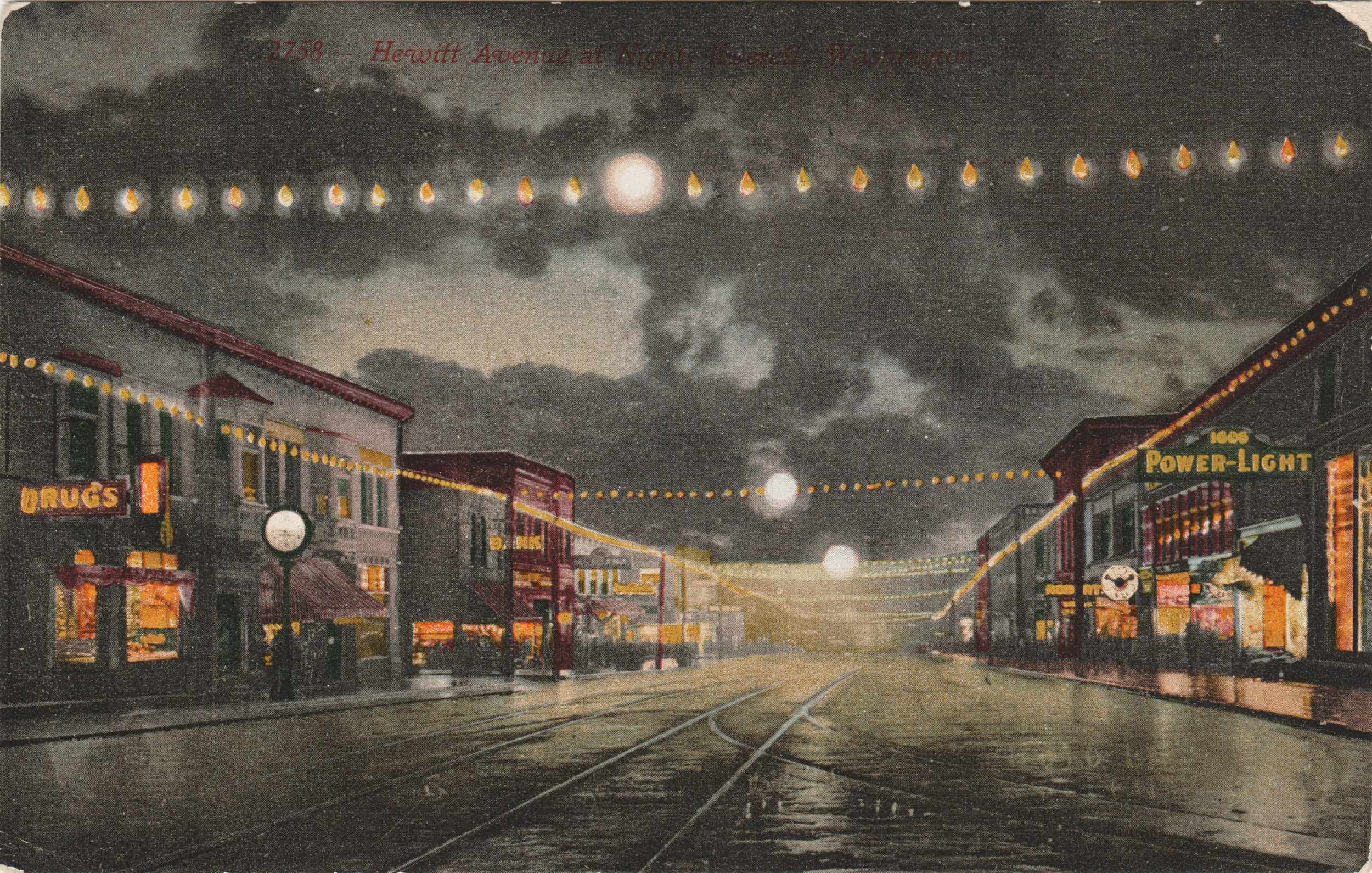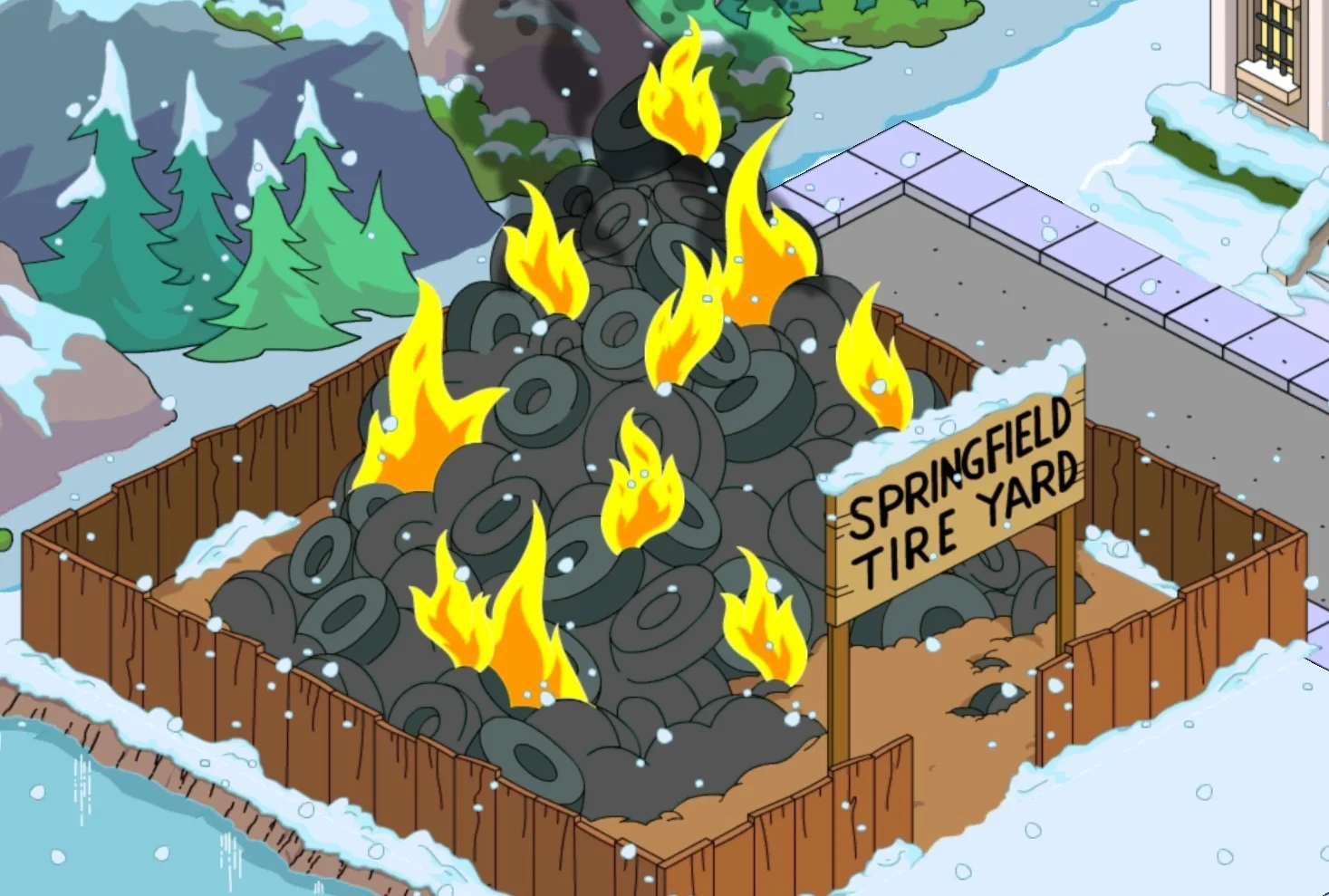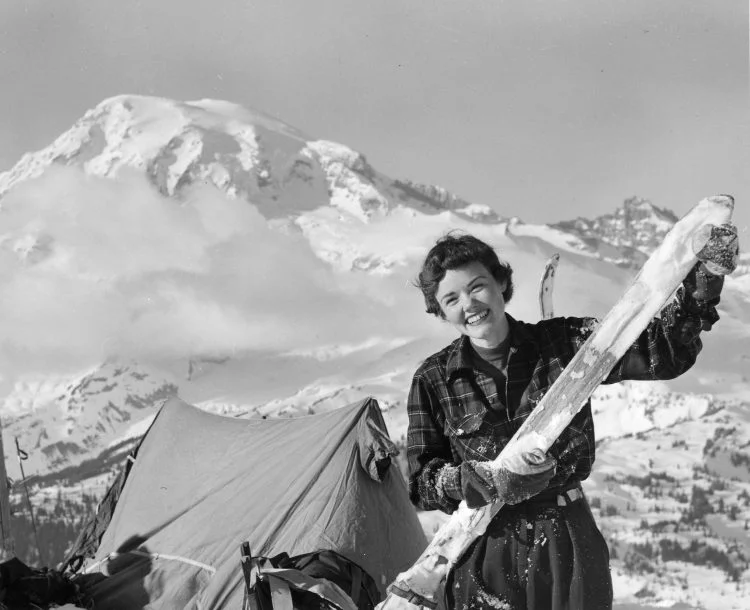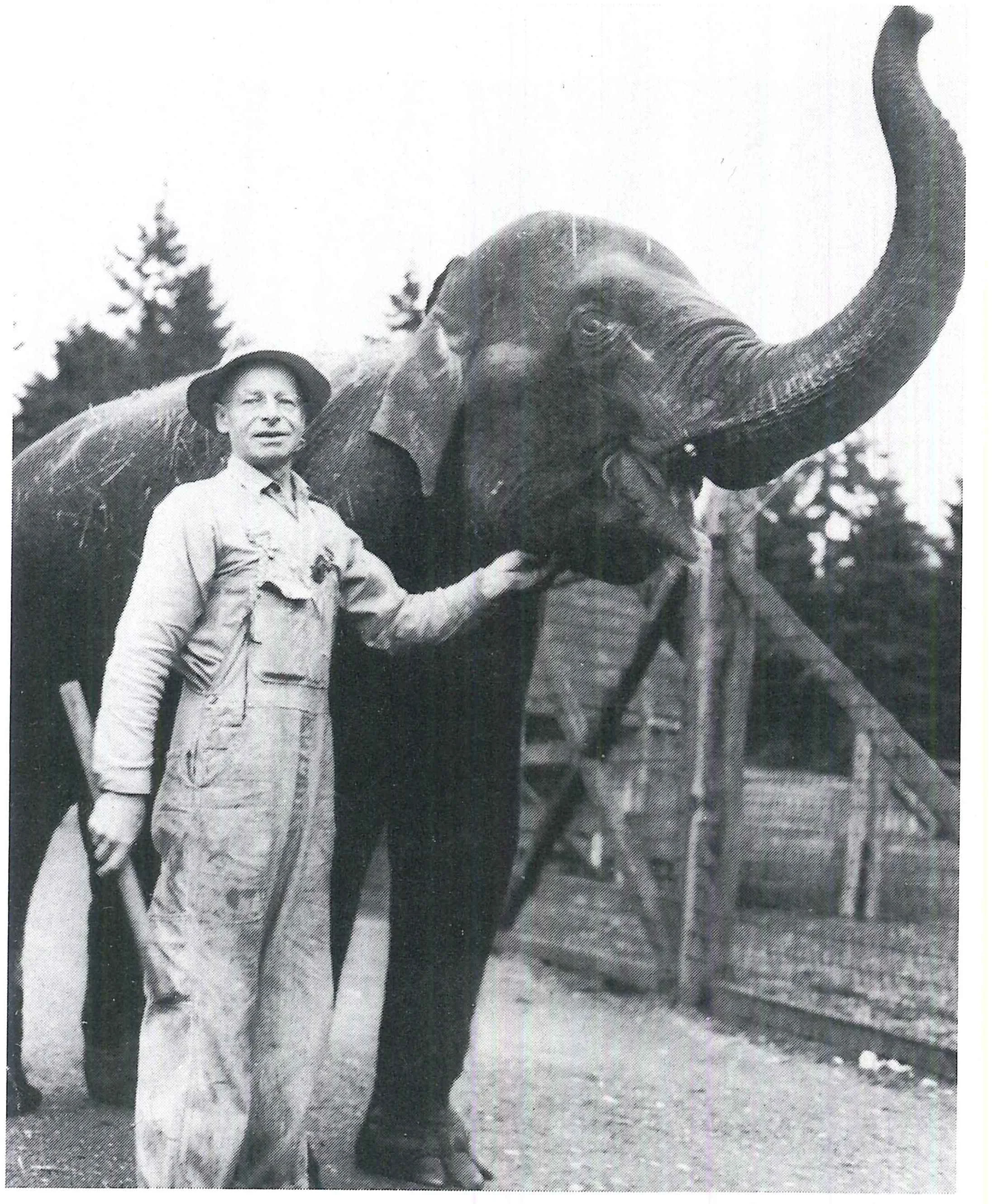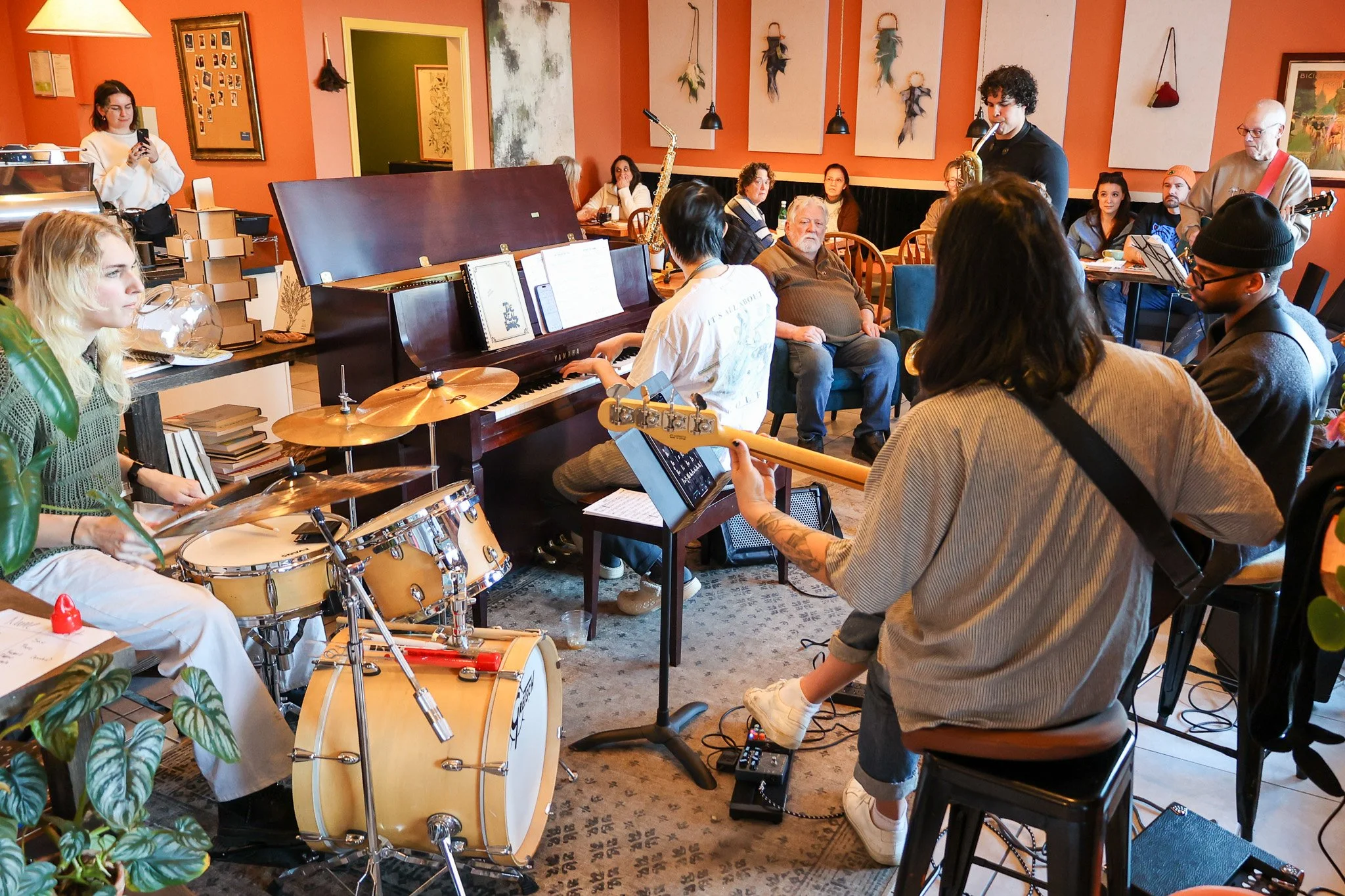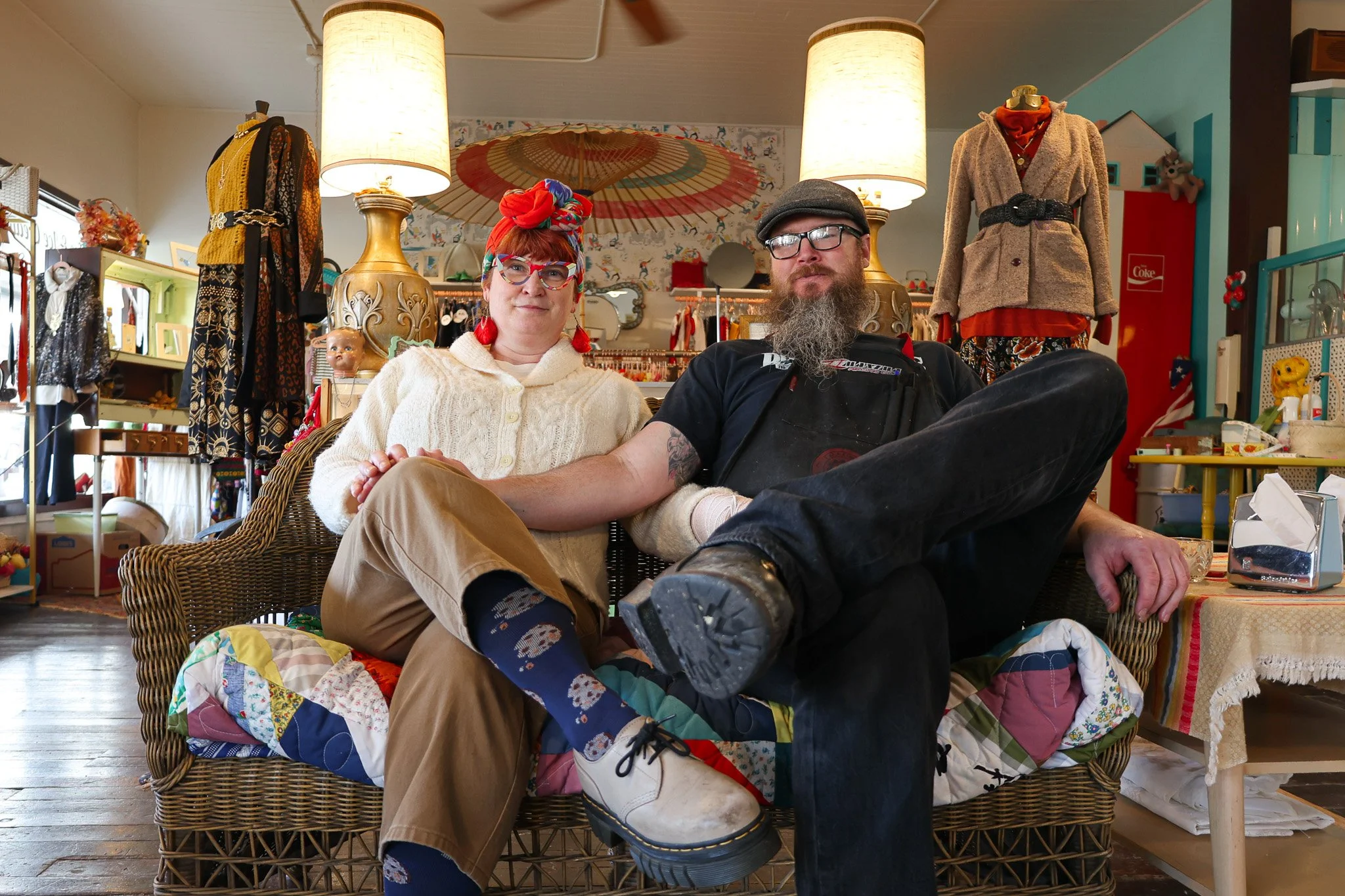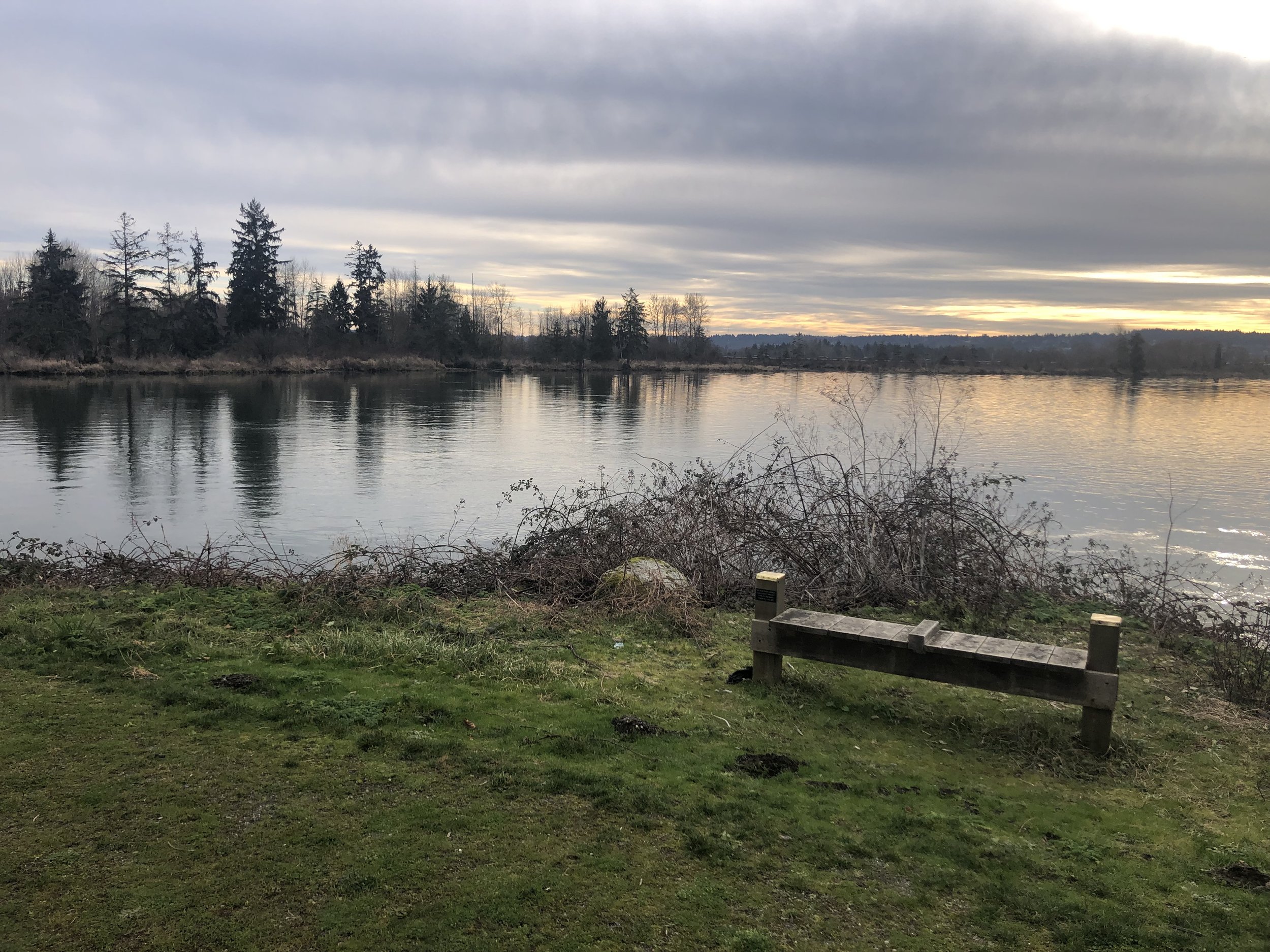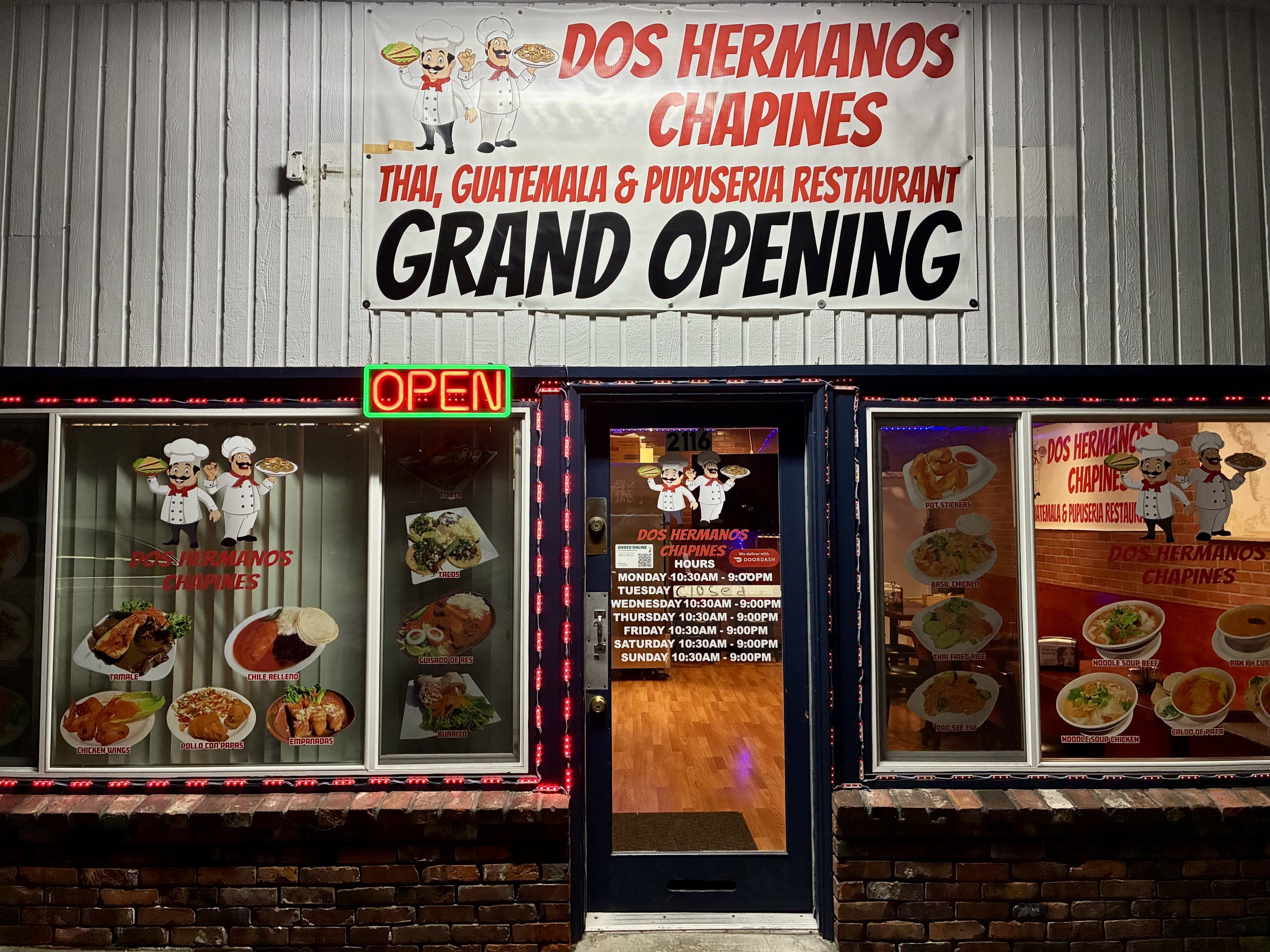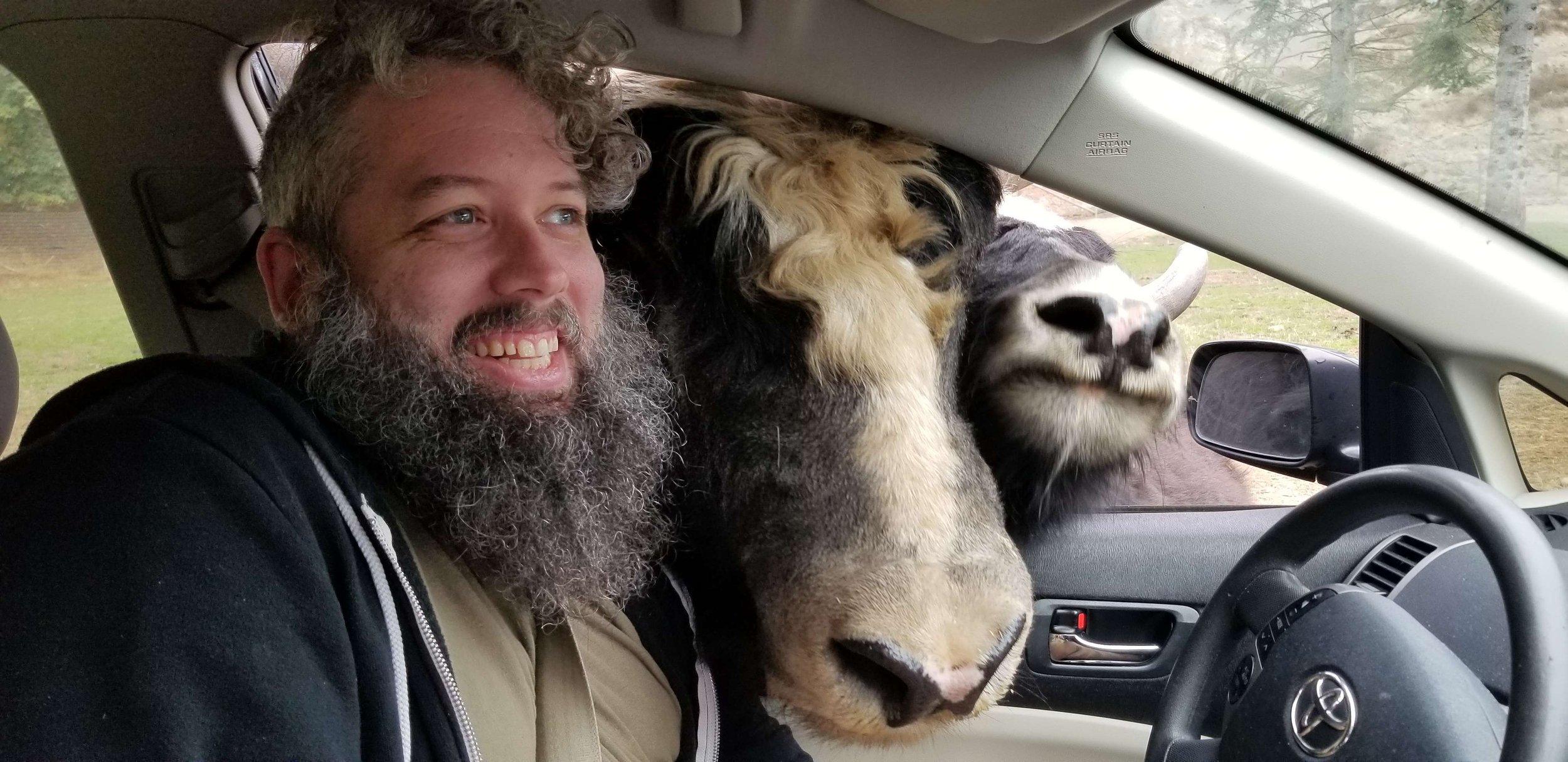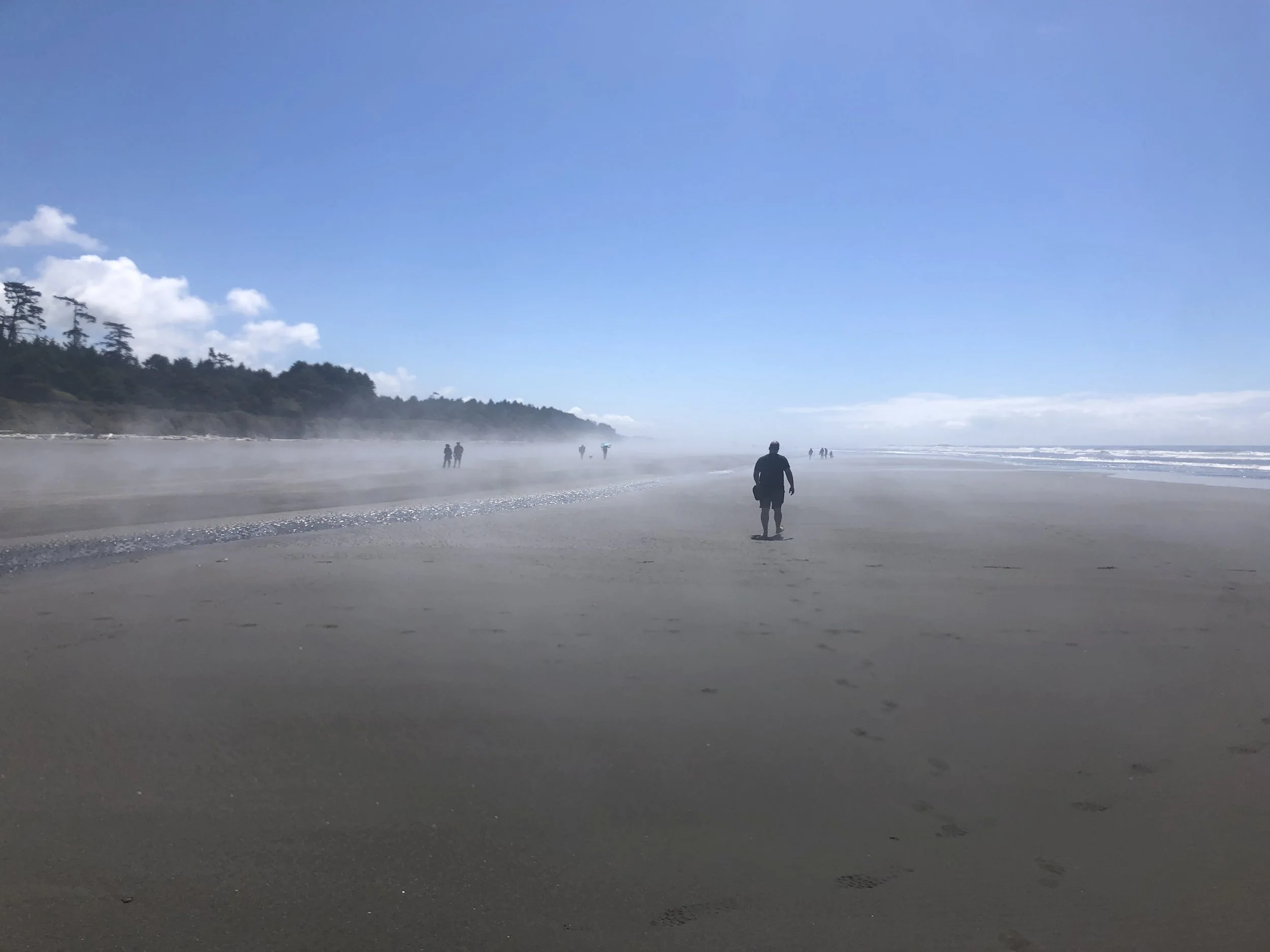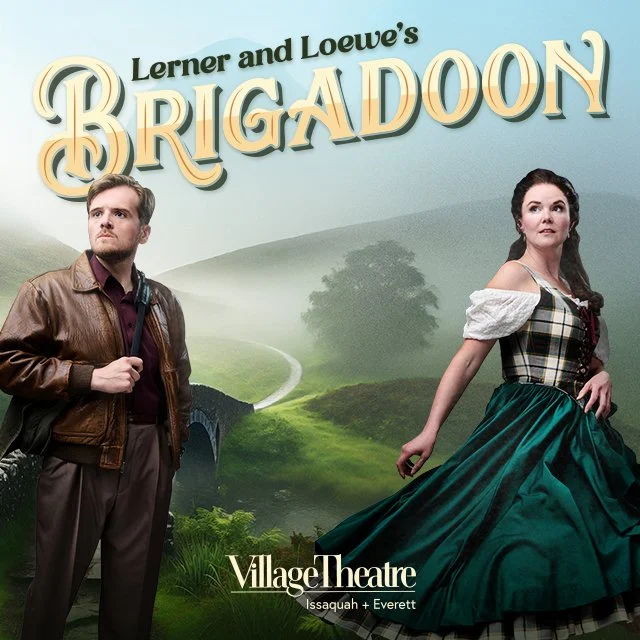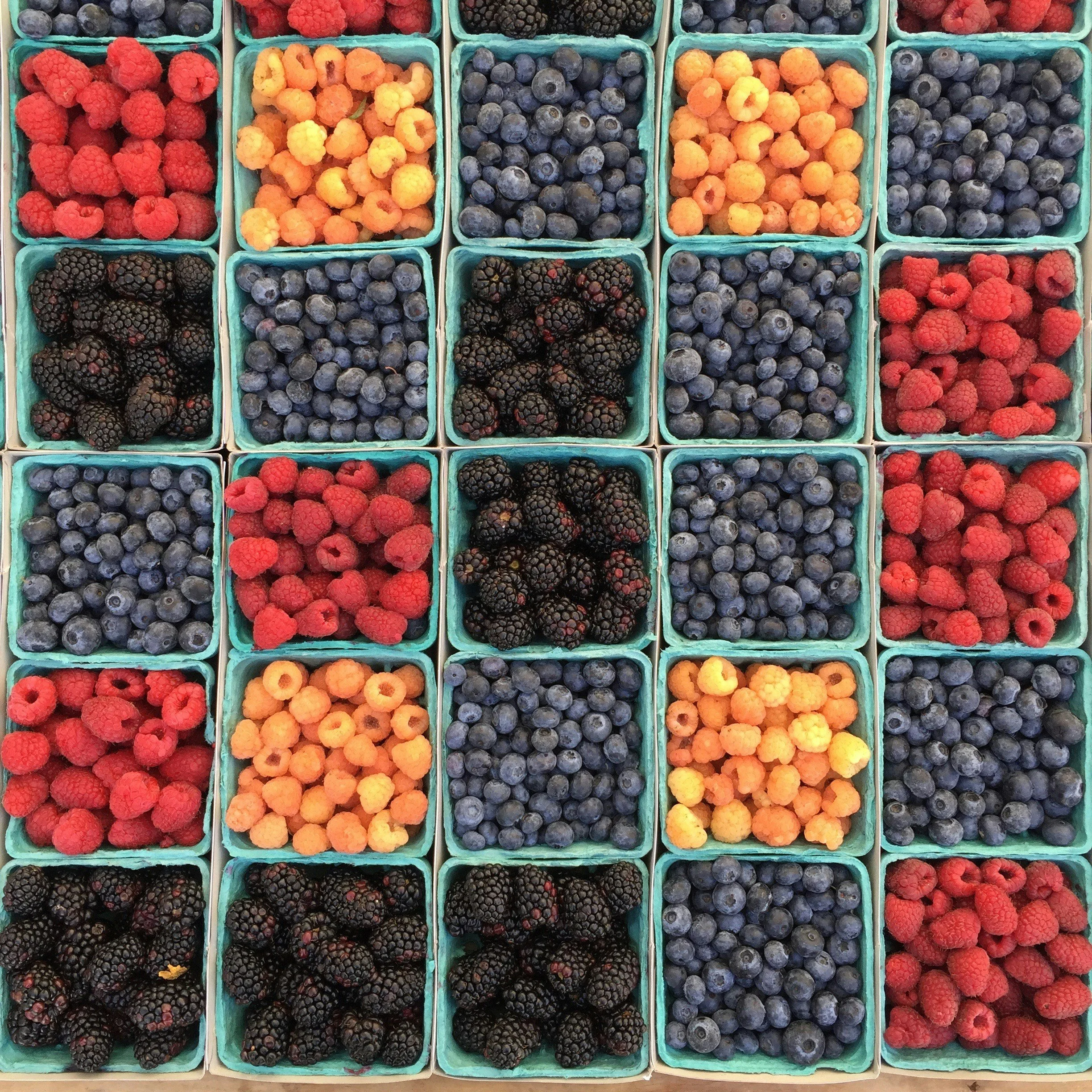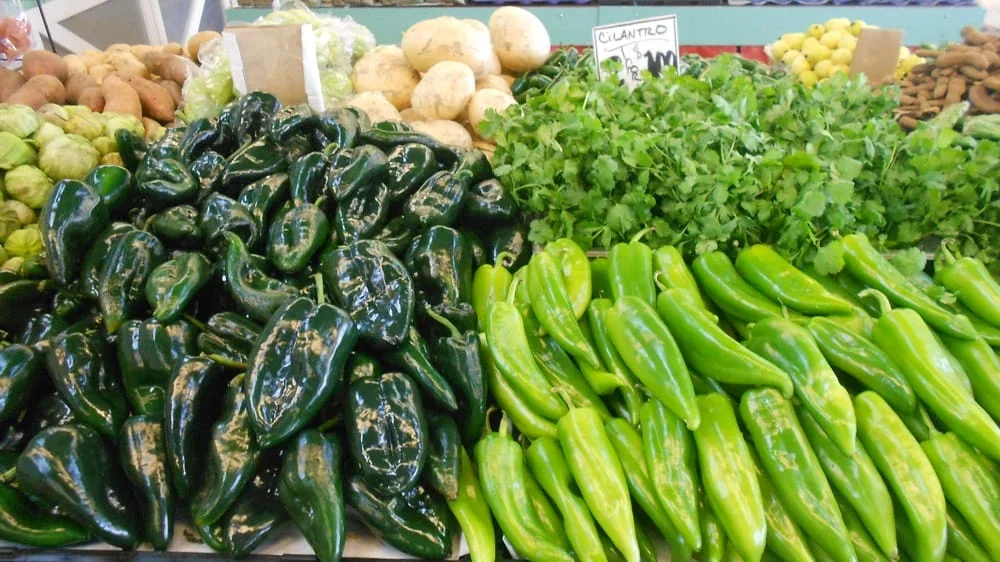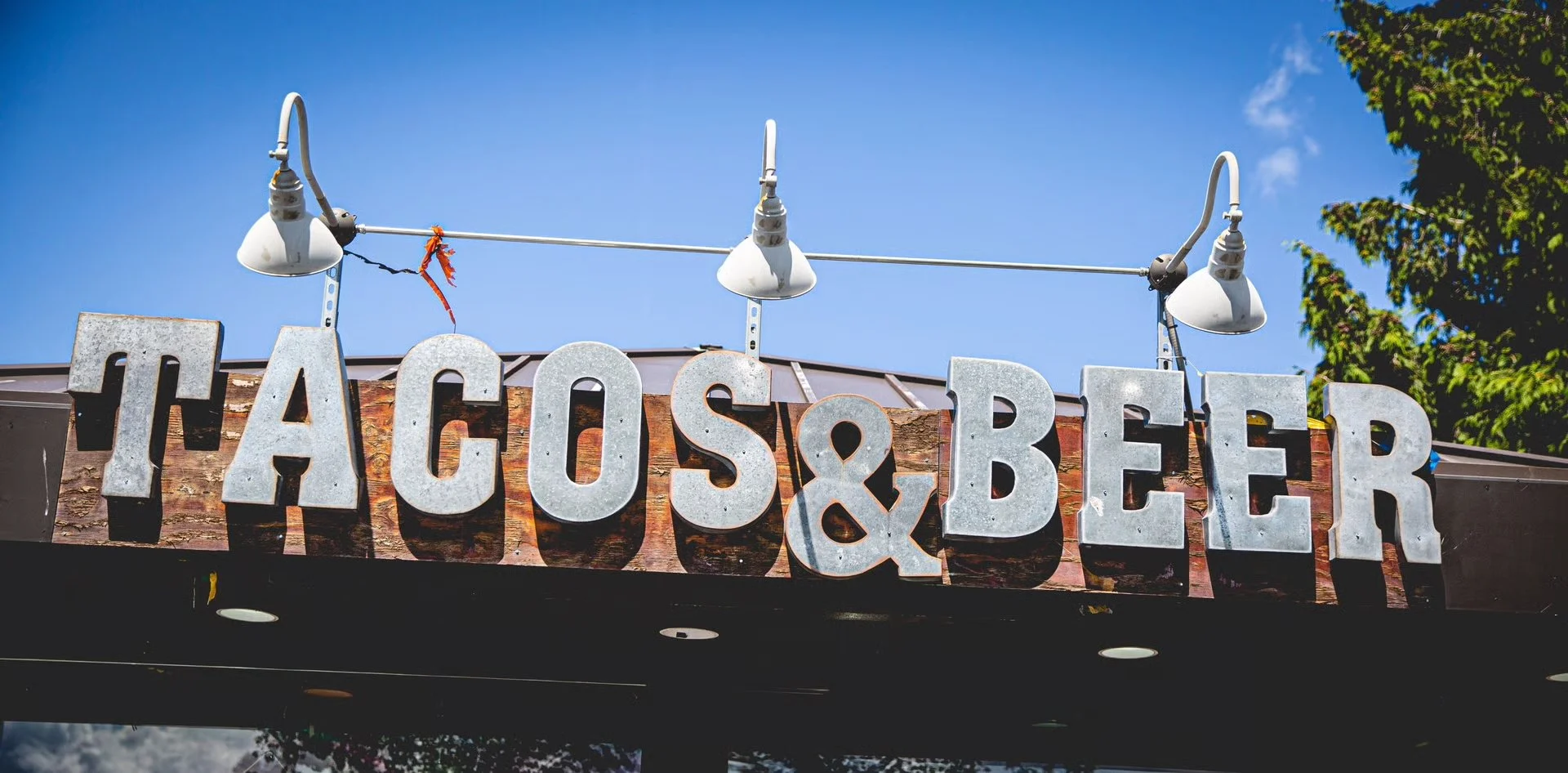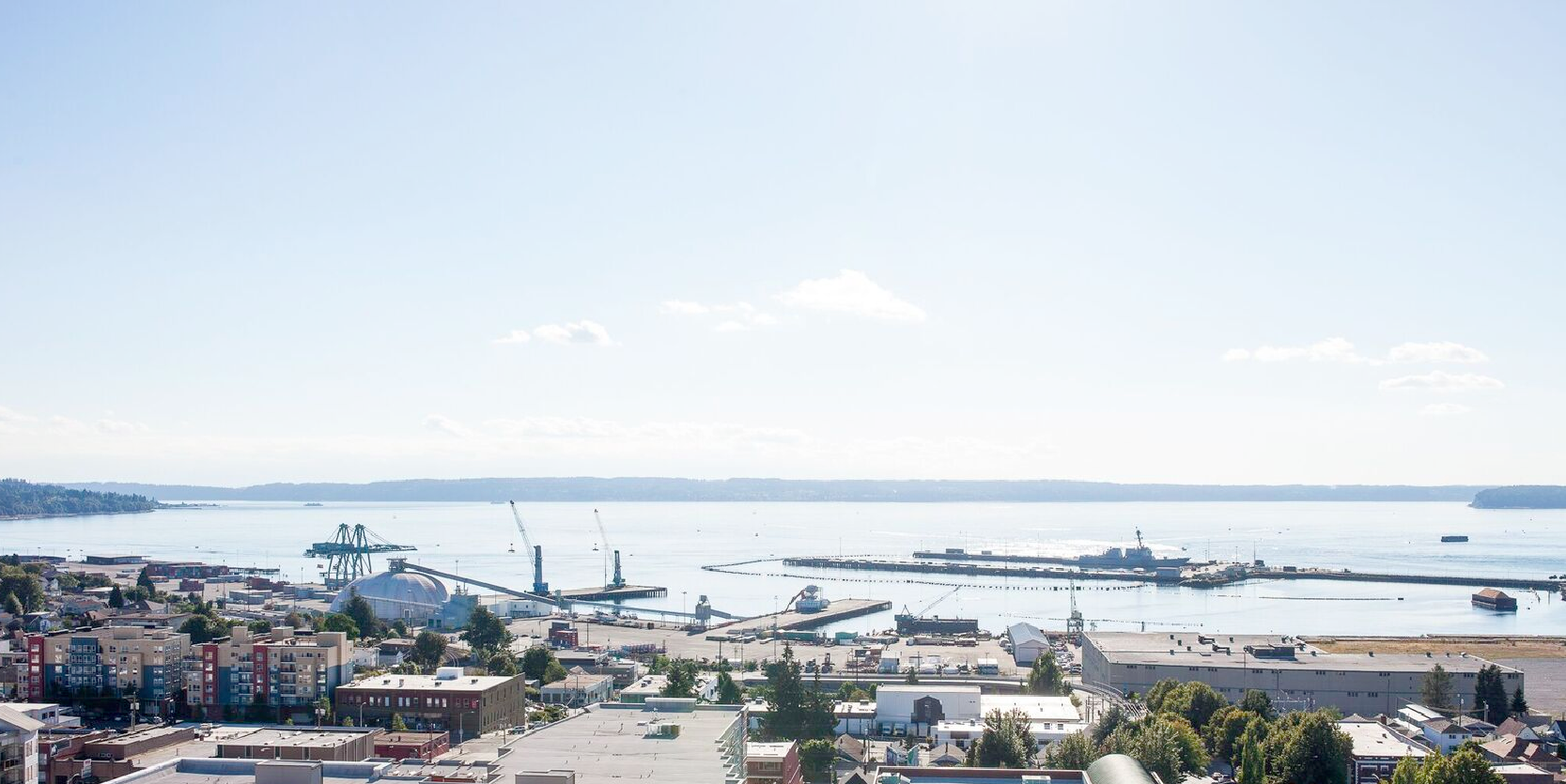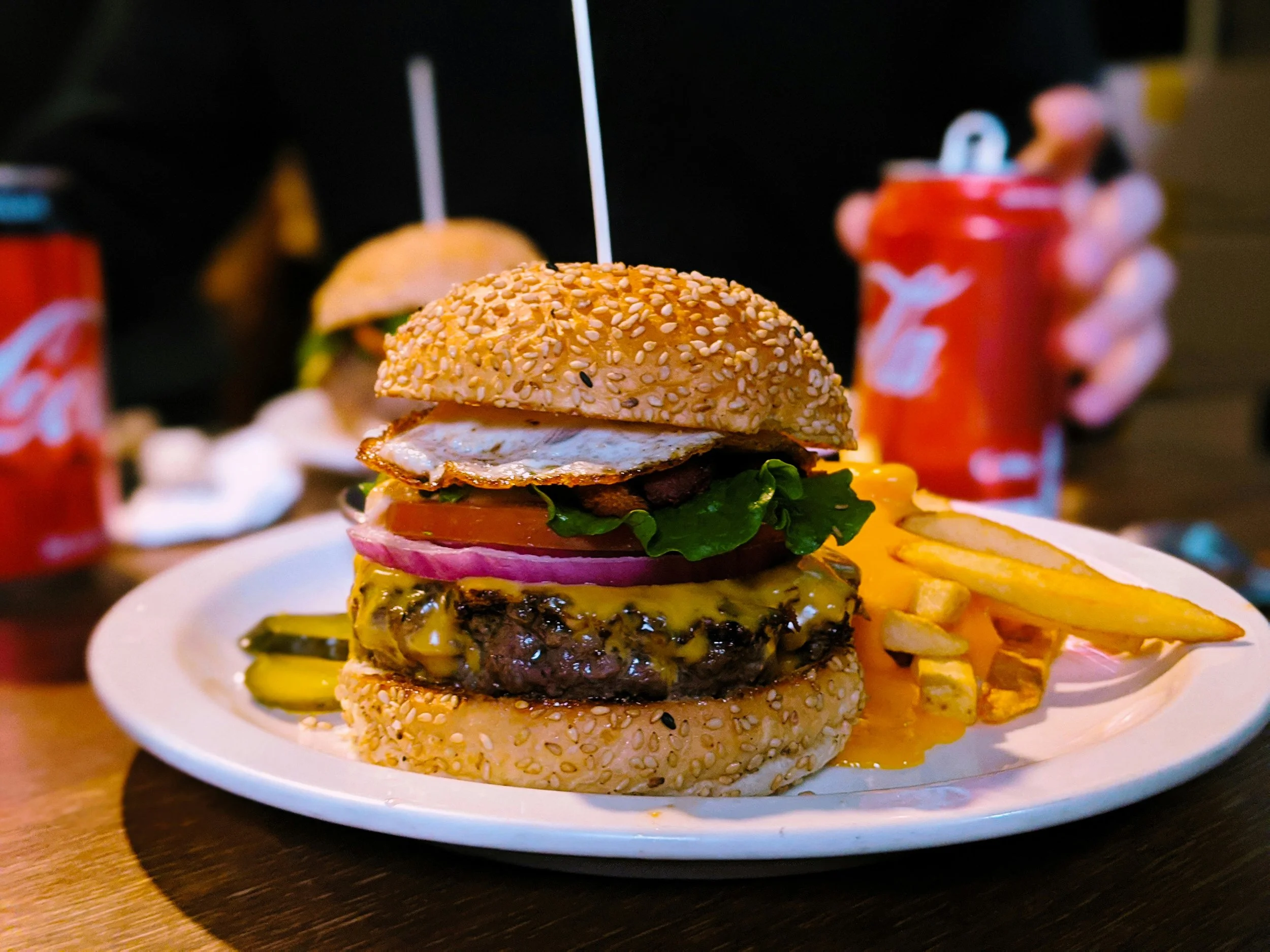Let the Resilience Play Out: A Conversation With “Homewaters” Author About the Stories of Puget Sound
Header image: Geoduck farmers - Pg. 157 [Fig 9.01]: A pile of sand, a shovel, and a geoduck in hand. Pride, joy, and astonishment, hunting for geoduck on the beach, ca. 1920–40. (Courtesy of UW Special Collections, Image UW5784)
Later this week, David B. Williams will be interviewed live in a virtual event hosted by the Everett Public Library.
Williams is a Curatorial Associate at the Burke Museum. He brings his love of science, anthropology, and geology to his new book “Homewaters.” It’s a natural history of Puget Sound*, but it’s more than that. “Homewaters” is also a story of people that goes back thousands of years. It’s a series of tales that create an essential understanding of the inland sea just off the coast of Everett.
The story of Puget Sound can’t be easily separated from the history of Everett. The story of our city is a story of a place with a delta, bluffs, mill pollution, seaweed, mosquito fleets, as well as the water-based rituals and traditions of the Coast Salish people.
![Snohomish woman, man, canoe - Pg. 73 [Fig 5.02]: A Snohomish man and woman sit near a canoe on the Tulalip Indian Reservation in 1907. She is sitting next to a cattail mat. Photograph by Norman Edson. (Courtesy of UW Special Collections, Image NA729)](https://images.squarespace-cdn.com/content/v1/55f34138e4b0300e70bfe909/1623872272476-3GASU2X3Z47S5707LZ44/Fig+5.02+snohomish+man+and+woman+HR.jpg)
Snohomish woman, man, canoe - Pg. 73 [Fig 5.02]: A Snohomish man and woman sit near a canoe on the Tulalip Indian Reservation in 1907. She is sitting next to a cattail mat. Photograph by Norman Edson. (Courtesy of UW Special Collections, Image NA729)
I chatted with Williams about his book, all things Puget Sound, and what it means for Everett residents to live next to this storied body of water.
LIEV: How do we, local residents of Everett, build a closer relationship with our own coastal ecosystem?
DBW: By getting to know the place. Spending time on the water and the shore. Spending time thinking about the animals and plants that live there. My hope with the book was to provide observations with the species that are out there and spend time on the beaches.
We can work to clean up the beaches and streams. We can’t separate the salt water from the fresh water. I think it’s important to be aware of one’s impact on this place, make decisions that help the Sound, as opposed to decisions that harm it.
Or, simply sit and watch the tide change. Find a beach and be amazed at the way that the place changes in a few hours. I like to recognize the incredible dynamic of the place that I live.
Range of bull kelp map - Pg. 105 [Map_701]: Range of bull kelp in Puget Sound, showing the historical maximum and 2019 extents. (Based on data from Washington Department of Natural Resources, Nearshore Habitat Program)
LIEV: Having done research for this book — which delves into history, anthropology, geology, biology — what’s your current experience of Puget Sound? Are you able to just take a ferry ride or are you constantly aware of all of these different layers around you?
DBW: I’m always trying to think about what’s going on here and what has gone on here. Instead of traveling during quarantine, I spent time in and around the Sound, looking at a row of pilings and seeing a mosquito fleet dock, for example. I stood on the shore and watched herons. I try to have a multi-layered look, new ways and opportunities to get to know this place better.
LIEV: In your opinion, what’s the most important takeaway from “Homewaters''? What’s the main lesson or idea that you’d like to impart to readers?
“Puget Sound is in better shape ecologically than it has been in decades. We’ve made some improvements. We need to do more, we need to do better. I’m hopeful that potential exists. ”
DBW: Puget Sound is in better shape ecologically than it has been in decades. We’ve made some improvements. We need to do more, we need to do better. I’m hopeful that potential exists.
One of the changes is that people are more open to the idea of stewardship and sustainability. Each of us can have an impact. We can be inspired by the work that's been done already. We’re not going to go back to what it was 200 years ago. That doesn’t mean we can’t draw inspiration from that time.
When it comes to preserving the Sound, Williams encourages local residents to vote according to their conscience, contribute to local conservation agencies, or volunteer in a restoration project.
![Orca in captivity - Pg. 185 [Fig 10.01]: On August 8, 1970, Seattle Marine Aquarium owner Ted Griffin and his partner Don Goldsberry organized a roundup and capture of orcas at Penn Cove, trapping between ninety and one hundred animals. Four babies died. At the time, no regulations existed for whale captures. (Courtesy of the Orca Network)](https://images.squarespace-cdn.com/content/v1/55f34138e4b0300e70bfe909/1623872165620-KRCXP4V6IQMX68EEL1WH/Fig+10.01+AR-GAME_PennCove_96-A-11_OrcaCapture_AUG1971_1599+HR.jpg)
Orca in captivity - Pg. 185 [Fig 10.01]: On August 8, 1970, Seattle Marine Aquarium owner Ted Griffin and his partner Don Goldsberry organized a roundup and capture of orcas at Penn Cove, trapping between ninety and one hundred animals. Four babies died. At the time, no regulations existed for whale captures. (Courtesy of the Orca Network)
LIEV: How can Everett residents make a difference in the health of Puget Sound?
DBW: One part of the story for me is that so many species that live here have these life histories that have adapted to this place, evolved to this place. If we give them space they bounce back. If we limit harvests, if we act as if the future matters, these animals matter — then there’s a resilience that’s there. We just have to allow that to play out.
Sign up for the library’s virtual event with David B. Williams here.
Buy “Homewaters” at your favorite independent local bookseller, or get a signed copy directly from Williams’ website.
Follow Williams on Twitter @geologywriter
* Here’s a lengthy note, but an important one. Throughout this article, I use the term “Puget Sound” to describe the inland sea in Washington State. This is the modern term used most often in “Homewaters.” Puget Sound is the name bestowed by George Vancouver. The oldest place name we know of for Puget Sound -- x̌ʷə́lč -- is written in English as Whulge. The word comes from Lushootseed and means a stretch of saltwater. It’s an onomatopoeic word: the verb form refers to the sound of waves on a beach.
Many people now refer to Puget Sound as the Salish Sea, in acknowledgment of its entire ecosystem (which stretches up to Canada, as well as the watersheds that feed into the sea), and to honor the history of the indigenous peoples who used the waterways for millennia. As Williams acknowledges in his book, even the boundaries of Puget Sound are somewhat nebulous and debated by cartographers.
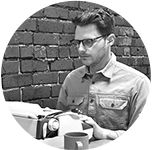
Richard Porter is a writer for Live in Everett.
